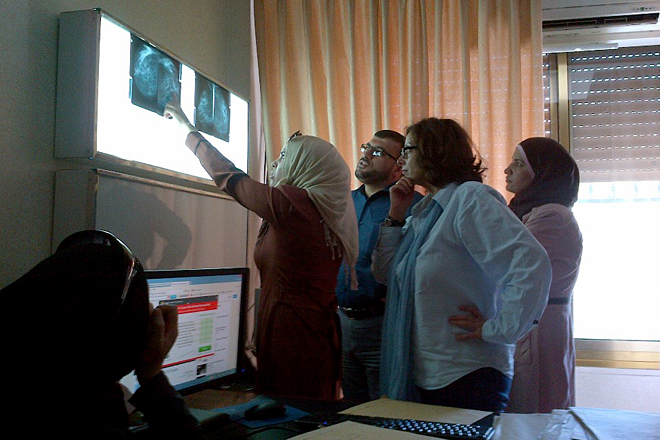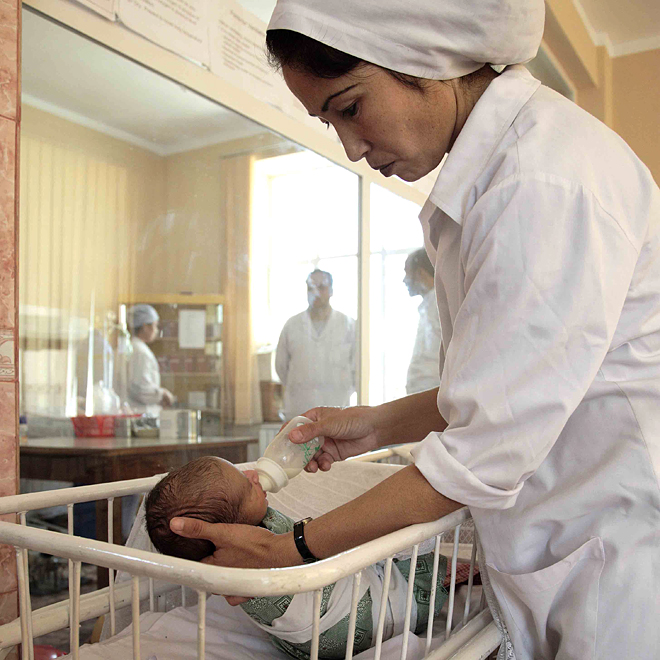The Italian Agency for Development Cooperation has adopted – as reflected by its own organisational structure – a universalistic approach to human development, centred on people, opportunities, rights and choices. Development is not only a matter of economic growth and the overall resources available to a community: it must also be connected to the ways that assets are used and distributed, so as to guarantee fundamental services such as education and healthcare, and to improve everyday living conditions for all.
The fundamental parameters of human development capable of increasing personal opportunities – i.e. health, knowledge and decent living standards – are inevitably connected to the conditions necessary for their promotion, namely human rights, gender equality, participation in political and community life, social justice, environmental sustainability and security.
Health – understood as a right and at the same time as a condition and opportunity for development – continues to be a priority intervention issue for Italian cooperation, integrated with gender equality and with the rights of minors and of people with disabilities. This universalistic approach is inherent in The Guiding Principles of Italian cooperation concerning global health: these strongly suggest that initiatives should involve universal health coverage with economic protection and that health systems be reinforced via reforms aimed at social equity and inclusion. Also emphasised is the need for self-determination and the involvement of local communities, along with the promotion of vocational training, research and information exchange… and of course the need to protect public health in situations of calamities and the connection between emergency and development.
Italy’s traditional commitment to the fight against infectious diseases like HIV/AIDS, tuberculosis, malaria and neglected tropical infections – often involving support from global partnerships such as The Global Fund for the Fight against AIDS, Tuberculosis and Malaria and GAVI – The Vaccine Alliance – is increasingly linked with initiatives aimed at reinforcing health systems and assistance services, especially for initial treatment. Women’s health in general remains a fixed priority, along with maternal-infant assistance, sexual and reproductive health, and the response of health services to gender violence in multi-agency cases.
A newer and increasingly serious field of action for the Italian Agency for Development Cooperation concerns the prevention and control of non-infectious chronic diseases, including mental health issues, which constitute a huge health problem in low and medium income nations. A lot of energy is also dedicated to integrated multi-sector projects related to nutrition, child education and protection from violence during early child development, i.e. measures for improving physical, cognitive and emotional development in the first 1,000 days of life (including the intrauterine period)… a policy with the long-term aim of developing human capital, preventing chronic adult illnesses and combating inequality.

